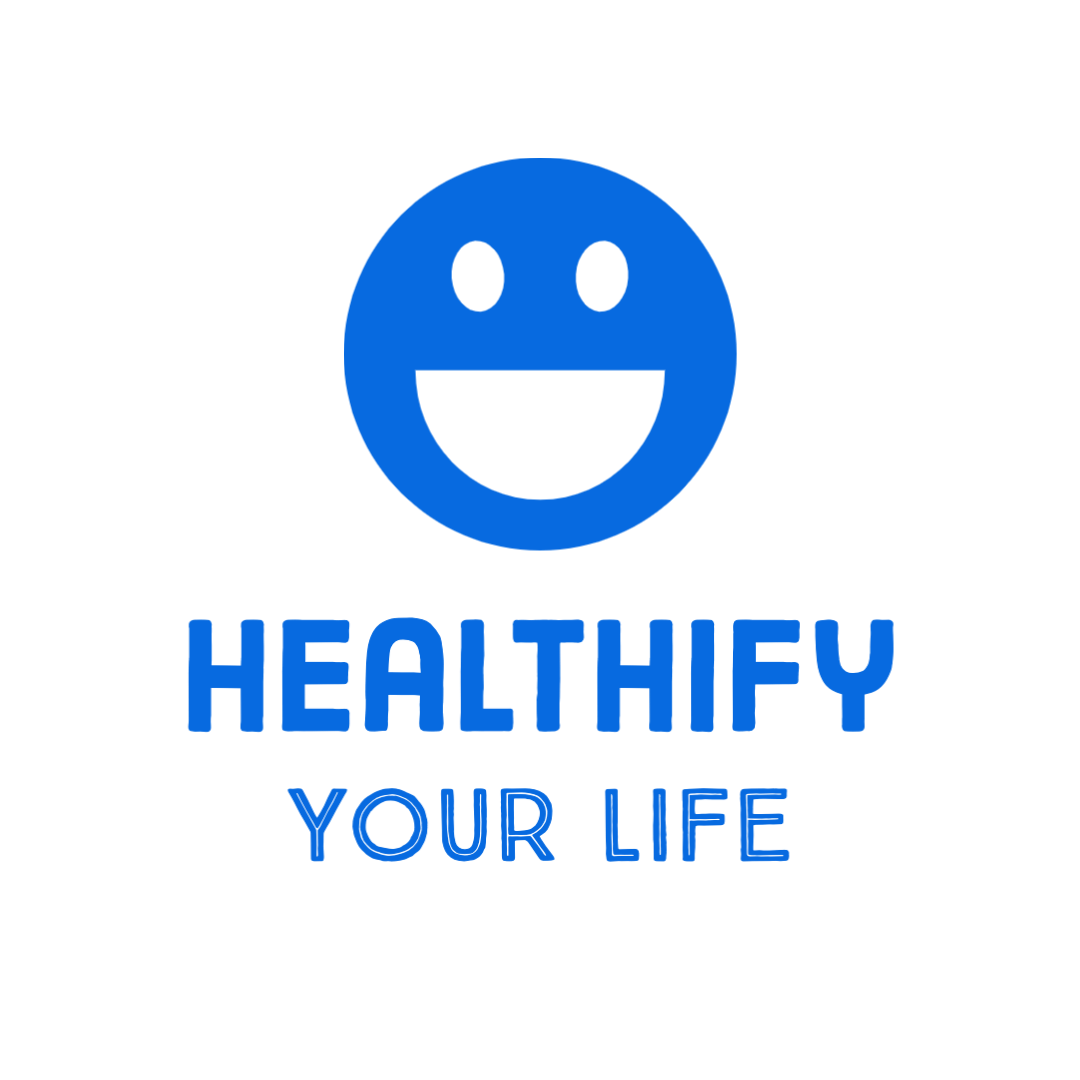Introduction: Your Body’s Natural Power Source
Often called the “sunshine vitamin,” Vitamin D is a unique hormone your body produces when your skin is exposed to sunlight. It is fundamental to your overall health. Every cell in your body has a receptor for Vitamin D, highlighting its critical role in strengthening bones, fortifying the immune system, and regulating mood. It acts as a silent guardian, underpinning both physical and mental vitality.
Understanding Vitamin D Deficiency
Vitamin D deficiency is a global health issue, affecting an estimated 1 billion people worldwide, with 50% of the global population having insufficient levels (Source).
The primary cause is inadequate sun exposure, often due to indoor lifestyles, living in regions with limited sunlight, or consistent use of high-SPF sunscreen. While some foods like fatty fish, egg yolks, and fortified products contain Vitamin D, dietary sources alone are often insufficient to meet the body’s needs.
Several factors influence Vitamin D synthesis from sunlight:
- Skin Pigmentation: Individuals with darker skin have higher levels of melanin, which reduces the skin’s ability to produce Vitamin D from sunlight. They may require longer sun exposure than fair-skinned individuals to produce the same amount.
- Lifestyle: Spending the majority of time indoors for work, study, or leisure limits natural Vitamin D production.
- Geography and Season: People living in northern latitudes receive significantly less UV radiation, especially during winter months, making synthesis difficult.
For those who cannot get enough sun exposure, Vitamin D supplements are an effective way to ensure adequate levels year-round.
The Sunscreen and Vitamin D Dilemma
Sunscreen is essential for protecting against sunburn and skin cancer by blocking harmful UV radiation. However, this protective action also interferes with the UVB radiation necessary for Vitamin D synthesis.
Studies show that sunscreens with an SPF of 30 or higher can reduce Vitamin D production in the skin by more than 95% (Source). Despite this, some research suggests that regular sunscreen use may not significantly impact blood levels of Vitamin D, possibly because most people do not apply it perfectly or consistently enough to block all UVB radiation. The key is to find a balance between sun protection and sensible, limited sun exposure for Vitamin D production.
Vitamin D’s Role in Mood and Mental Health
Low Vitamin D levels are linked to mood disorders, including depression and Seasonal Affective Disorder (SAD), a type of depression related to seasonal changes, typically starting in the fall and winter.
The connection lies in the brain. Vitamin D contributes to the synthesis of key neurotransmitters, including serotonin and dopamine, which are crucial for mood regulation (Source). It functions by helping to regulate enzymes that produce these “feel-good” chemicals. Clinical trials have shown that Vitamin D supplementation can be an effective way to improve symptoms of depression, particularly in those with a deficiency (Source).
How Vitamin D Fortifies Your Immune System
Vitamin D is a potent modulator of the immune system. It helps activate critical immune cells, such as T-cells and macrophages, which are the body’s first line of defense against pathogens. It also helps regulate the production of cytokines, the proteins involved in immune responses, ensuring the system doesn’t overreact.
Research has consistently shown that maintaining adequate Vitamin D levels can reduce the risk of acute respiratory infections (Source). While deficiency may not be a direct cause, low Vitamin D status is often associated with conditions like asthma and allergic rhinitis, especially in children.
Building Strong Bones and Teeth
One of Vitamin D’s most well-known functions is its role in bone health. It is essential for the absorption of calcium and phosphate from the gut, which are the primary building blocks of bone. Without enough Vitamin D, the body cannot absorb sufficient calcium, leading to conditions like osteoporosis, where bones become weak and brittle, increasing the risk of fractures. Adequate Vitamin D intake is crucial for building and maintaining bone density throughout life.
The Importance of Vitamin K2 with Vitamin D
When taking Vitamin D supplements, especially at higher doses, it’s vital to consider Vitamin K2. These two vitamins work synergistically. Vitamin D enhances calcium absorption into the bloodstream, while Vitamin K2 helps direct that calcium to the bones and teeth where it’s needed (Source).
Without adequate Vitamin K2, excess calcium may be deposited in soft tissues like arteries and kidneys. This can lead to arterial calcification (hardening of the arteries) and kidney stones.
There are two main forms of Vitamin K2: MK-4 (found in animal products like egg yolks) and MK-7 (found in fermented foods like natto and produced by gut bacteria). A common supplemental dose is around 100-200 mcg of MK-7 daily. Note: Individuals taking blood-thinning medications like warfarin should consult their doctor before supplementing with Vitamin K, as it can interfere with these drugs.
Finding Your Optimal Vitamin D Dose
The best way to determine your needs is through a 25-hydroxyvitamin D blood test. Your doctor can recommend a personalized supplement dosage based on the results.
- When to Take: Vitamin D is fat-soluble, so it’s best absorbed when taken with a meal that contains healthy fats (e.g., avocado, nuts, olive oil). Taking it in the morning is often preferred, as some anecdotal reports suggest it may interfere with sleep if taken at night.
- Recommended Dosage: The Recommended Dietary Allowance (RDA) is typically 600 IU for adults. However, many experts and studies suggest that 1,500–2,000 IU daily is required to maintain optimal blood levels (Source). The tolerable upper intake level (UL) for adults is 4,000 IU per day, which should not be exceeded without medical supervision.
- Supplement Forms: Vitamin D supplements come in two forms: D2 (ergocalciferol), from plants, and D3 (cholecalciferol), from animal sources or lichen. Vitamin D3 is generally considered more effective at raising and maintaining blood levels of Vitamin D than D2 (Source).
Conclusion: Embrace the Sunshine Vitamin
Vitamin D is indispensable for strong bones, a resilient immune system, and a balanced mood. While sensible sun exposure is the most natural source, modern lifestyles often make supplementation necessary.
Always consult with a healthcare professional to get your levels tested and determine a safe and effective supplementation plan tailored to your needs. By optimizing your Vitamin D status, you can support your long-term health and well-being.
Where to Get These Supplements
If you’re looking to try some of the nutrients mentioned, here are a few options on iHerb (using our rewards link, which helps support this site at no extra cost to you):
- Vitamin D3 – standard from sheep’s wool lanolin
- Vitamin D3 from lichen – just as effective, vegetarian/vegan and should mitigate hypersensitivity reactions to lanolin
-
Vitamin D2 – good vegetarian/vegan alternative to D3 but not quite as effective, so higher doses are required
-
Vitamin K2 – includes all forms (K1, K2 MK4 & MK7)
- Calcium hydroxyapatite – best calcium/phosphorus supplement for strong bones and teeth
Note: Always check with your doctor before starting any supplement.
Disclaimer: This article is for informational purposes only and does not constitute medical advice. Always consult with a qualified healthcare provider before making any changes to your diet, lifestyle, or supplement regimen.





